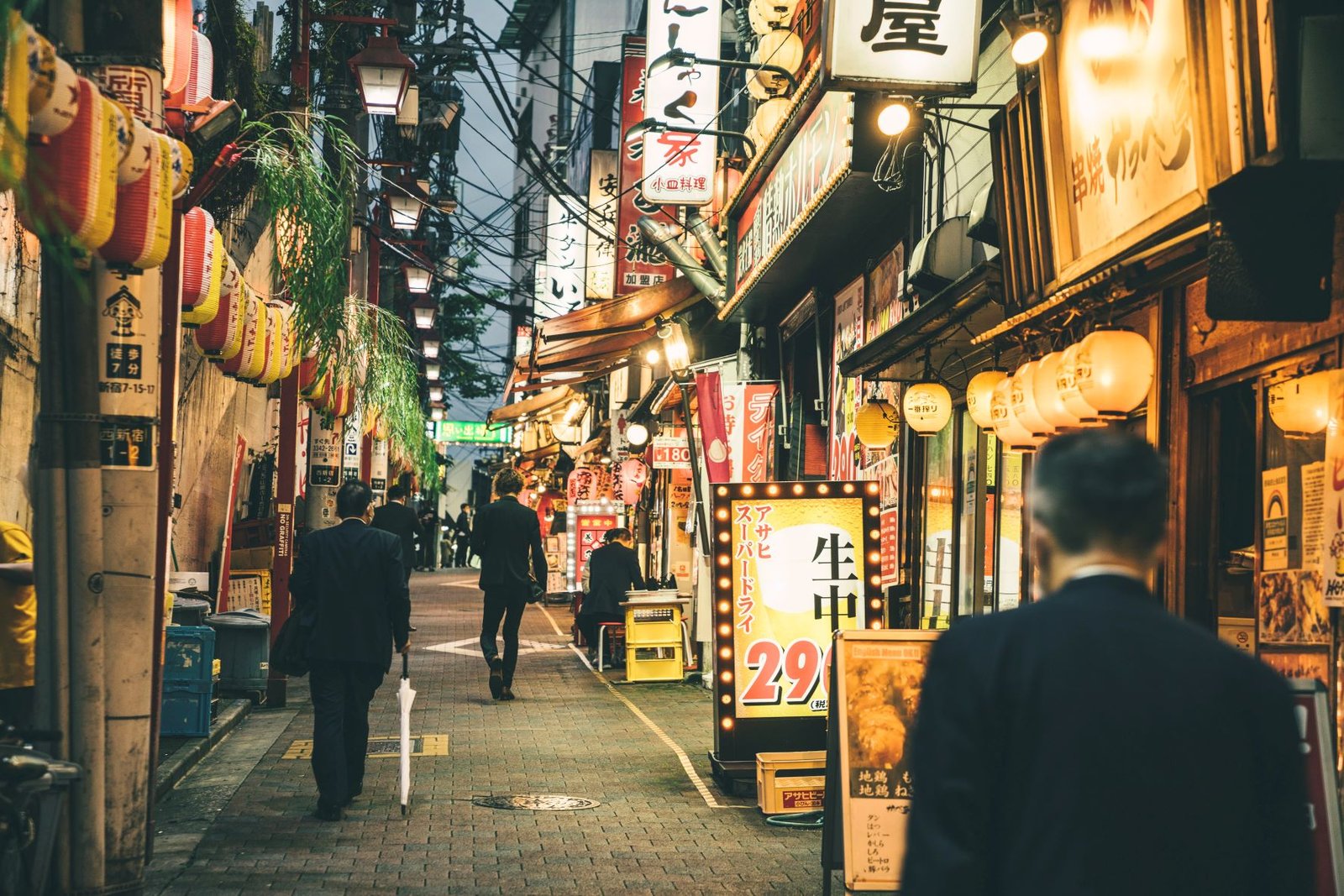
Who would not appreciate the fact of combining a business trip with some leisure time? The bleisure, a fusion of two worlds apparently incompatible, seems to be good for companies and travelers. And also, for the market.
It is the hospitality of the future, as well as the new trend in the sector. The bleisure, a term that derives from the union of the words business and leisure, referring to that type of trip that includes a combination between work and pleasure, is increasingly gaining ground, eventually becoming a trend.
This phenomenon comes from the desire of travelers for business reasons to extend their trip to know the final destination. This is confirmed by a study by the Global Business Travel Association, according to which about 90 percent of business travelers really appreciate the trend. In practical terms, bleisure travelers are on average 1 out of 5 and they are united by the desire to visit places where they have not ever been, sometimes involving also the family. About half of them prefer extending the trip, while a third want to anticipate it.
Whatever the preferences are, the tourist offer must certainly be adapted to the dual nature of this type of traveler. Usually, those who travel for business look for solutions such as a structure easy to reach, better if close to the place of travel, connections with stations and airports, a strong wifi connection, a quiet room, and breakfast. The services must certainly be easy and quick, especially for check-in and check-out practices.


The pleasure traveler, on the other hand, acts in a different way depending on whether he travels in a company, as a couple, or with family. With children, for example, the choice will be a family hotel or a pet-friendly hotel if there is also a furry friend together with the family. Alternatively, in a travel as a couple, people opt for structures with spa services o particular tourist activities. The bleisure tourism is now a reality and sector operators will have to take action to offer targeted responses.
In this regard Booking, the famous site for booking trips, with a recent survey on over 4,500 business passengers among the biggest countries in the world, identified the most popular destinations for this type of trip (at least the half of the study’s travelers confirmed that international business trips can be an occasion to know a different culture, visit a new city or take a mini-vacation). The most welcoming countries that attract more managers are located to the east, with Thailand, Japan, and Taiwan on the podium, followed by Canada, China, and United States. Germany, however, is the nation where you can travel more easily, while Italy is the favorite destination for food, followed by France.
Good for people and work
If at a first sight, the bleisure appears to be an incompatible match, it is actually a successful decision from the perspectives of both the employee and company. The analysis of the phenomenon shows that combining pleasure and business improves work quality and has a positive impact on performance.
Being able to integrate business time with leisure time to reach out more results, promotes a sense of accomplishment, satisfaction, and motivation, also becoming a great opportunity to balance work and family time. In addition, it affects the sense of belonging to their company, improving both the dedication to their work and professional satisfaction. But these are not the only advantages of the bleisure.
Think for example of the cost of flight tickets, cheaper in non-business categories. One last interesting point about the bleisure is his interpretation in the opposite sense of the traditional one. So, the “reverse bleisure” allows matching a work opportunity to a pleasure trip. In this case, the perfect destinations are Sweden, New Zealand, developing countries, or economically growing.
The management of bleisure
How can companies manage the bleisure with their employees on a business trip? Concerning business, bureaucratic, and insurance matters, some critical issues arise. Starting from the purchase of the return ticket on a non-working day, to the integration of the hotel cost or insurance coverage, many aspects need to be fixed, including the contribution classification of the extra days of travel.
Many of these problems can be resolved through products already on the market and flexible management from the human resources of the said companies. It is obvious that, in any case, the bleisure is confirmed as a real trend of hospitality and that everyone, companies, travelers and structures, has to deal with this new way of traveling and in the end, also living.
